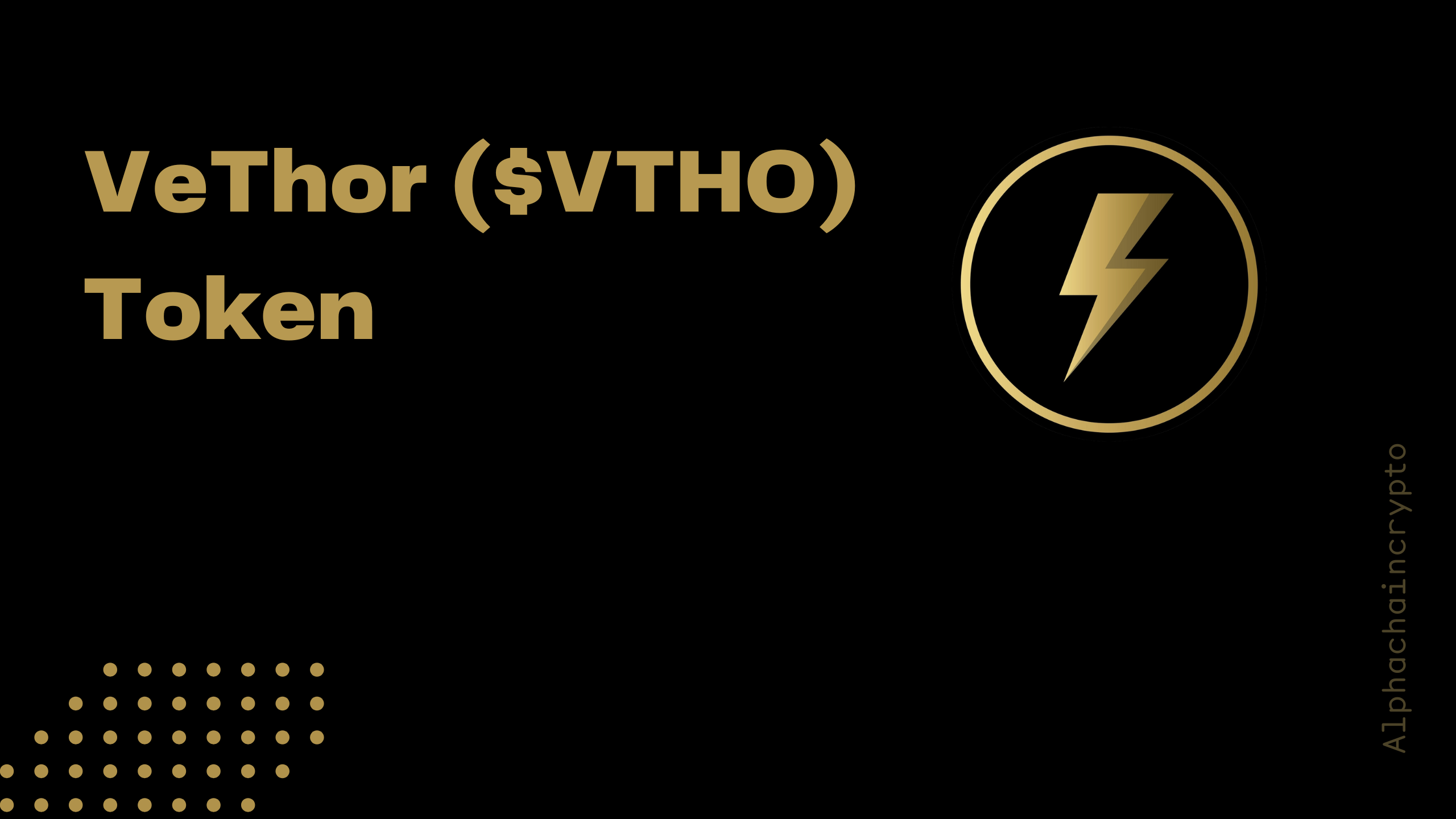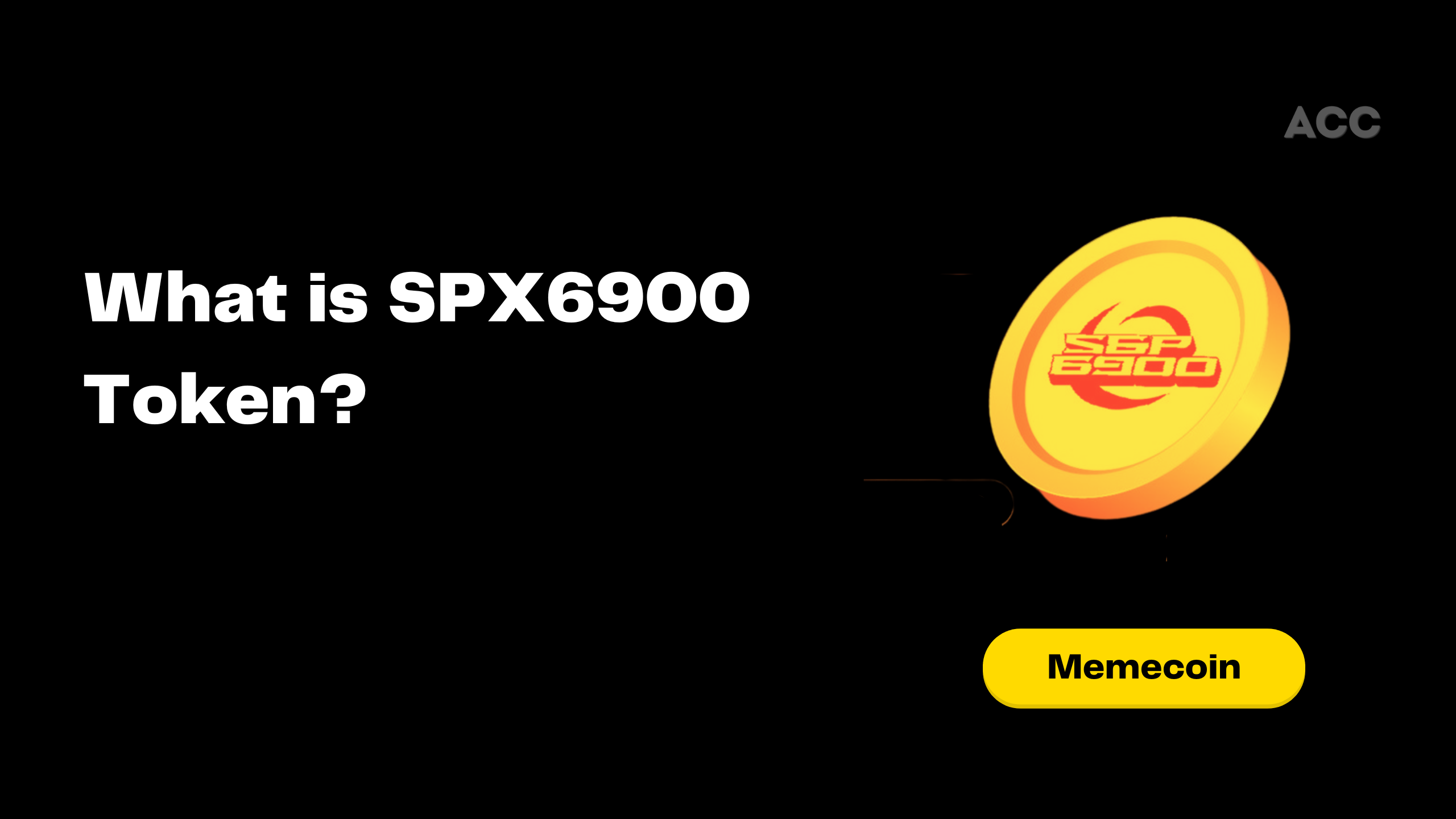An address is one of the most fundamental elements in the world of cryptocurrency. It serves as a unique identifier that allows users to send and receive digital assets securely on a blockchain. Think of it as the digital equivalent of a bank account number, but instead of routing traditional money, it is used to transfer cryptocurrencies like Bitcoin or Ethereum. In this article, we’ll explore how cryptocurrency addresses work, their importance, and the precautions users need to take when using them.
What is a Cryptocurrency Address?
A cryptocurrency address is a string of letters and numbers that represents a destination on the blockchain. Each address is associated with a specific blockchain network, meaning that a Bitcoin address differs from an Ethereum address, and the two are not interchangeable. When someone wants to send you cryptocurrency, they need your address to do so, and vice versa.
Example of an Address
Bitcoin Address:
1A1zP1eP5QGefi2DMPTfTL5SLmv7DivfNa
Ethereum Address:
0x742d35Cc6634C0532925a3b844Bc454e4438f44e
How Cryptocurrency Addresses Work?
Each address is derived from a pair of cryptographic keys:
- Private Key: A secret key known only to the user, allowing them to access and control their funds. It must be kept secure at all costs.
- Public Key: A key that is publicly shared and used to generate the wallet address.
The address itself is usually a hashed version of the public key, ensuring a layer of security while making the address more manageable. Blockchain transactions rely on these addresses to track and verify the movement of assets.
Types of Cryptocurrency Addresses
- Bitcoin Addresses
Bitcoin addresses come in multiple formats:- P2PKH (Pay-to-PubKey-Hash): Starts with
1 - P2SH (Pay-to-Script-Hash): Starts with
3 - Bech32 (SegWit): Starts with
bc1(for lower fees and faster transactions)
- P2PKH (Pay-to-PubKey-Hash): Starts with
- Ethereum Addresses
Ethereum addresses always start with0xand are 42 characters long. These addresses are compatible with ETH and any ERC-20 tokens, such as USDT or Chainlink. - Other Blockchain Addresses
- Solana: Base58-encoded addresses for speed and efficiency.
- Cardano: Complex Bech32 addresses for security.
- Ripple (XRP): Some addresses require destination tags for identifying the recipient account.
Security Considerations for Addresses
While cryptocurrency addresses offer a secure way to transfer assets, there are some risks to consider:
- Sending to the Wrong Address: Transactions on the blockchain are irreversible, meaning that if you send funds to an incorrect address, they can’t be recovered.
- Phishing Attacks: Hackers may try to trick users into sending crypto to fraudulent addresses by mimicking legitimate ones.
- QR Code Scanning Issues: Many wallets use QR codes to display addresses, but scanning errors can occur. Users should double-check the addresses before sending any funds.
How to Use Addresses Safely
- Copy and Paste Carefully: Always double-check the address you paste before confirming the transaction.
- Use QR Codes: Many wallets offer QR codes to reduce the chance of input errors.
- Whitelist Addresses: On exchanges, users can create address whitelists to ensure they are only sending funds to trusted wallets.
- Keep Private Keys Secure: Never share your private key with anyone, as it gives full access to your funds.
- Test with Small Transactions: For large transfers, send a small test transaction first to confirm that the address is correct.
Address vs. Wallet
While addresses and wallets are closely related, they are not the same. A wallet is a software or hardware tool that helps you manage your cryptocurrency addresses and private keys. You can have multiple addresses within a single wallet, and each blockchain may generate a new address for every transaction to enhance privacy.
Conclusion
A cryptocurrency address is a crucial part of any blockchain transaction. It ensures that assets are transferred securely between users and prevents unauthorized access through cryptographic principles. However, users must handle addresses carefully, as mistakes like sending to the wrong address can lead to irreversible losses. With the right precautions, addresses make it easy to send, receive, and manage digital assets across the blockchain.

A.k.a – alpha girl. Vinita is the founder of Alphachaincrypto. An English Lit Majors, Vinita bumped into Web3 in 2020 only to realise that tech was her calling. Later, Mathreja worked for some notable brands like Near Education, Biconomy, CoinDCX and top of the line crypto start ups.





